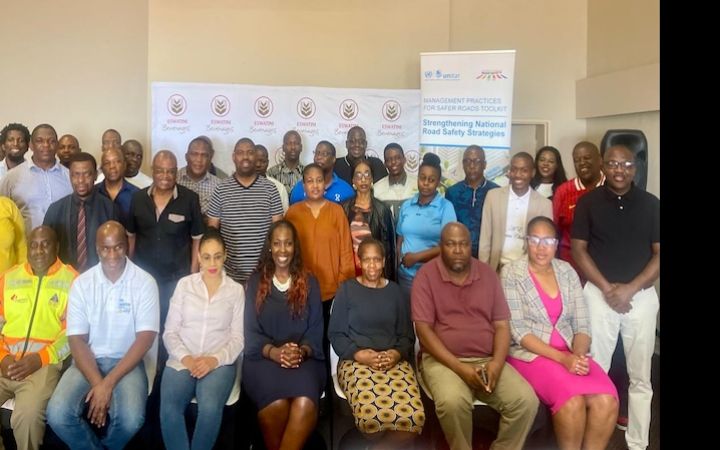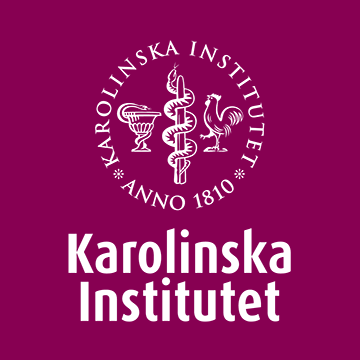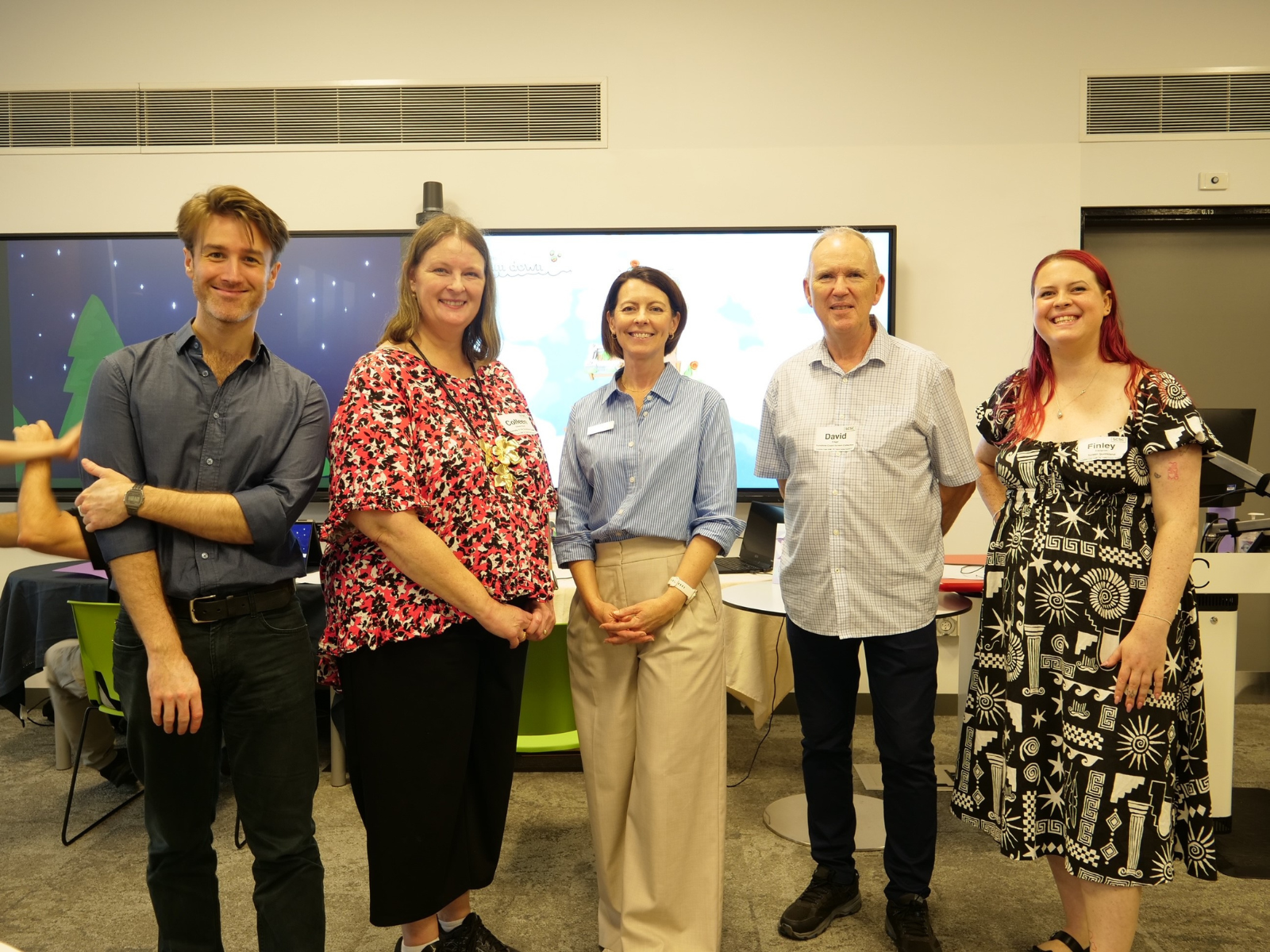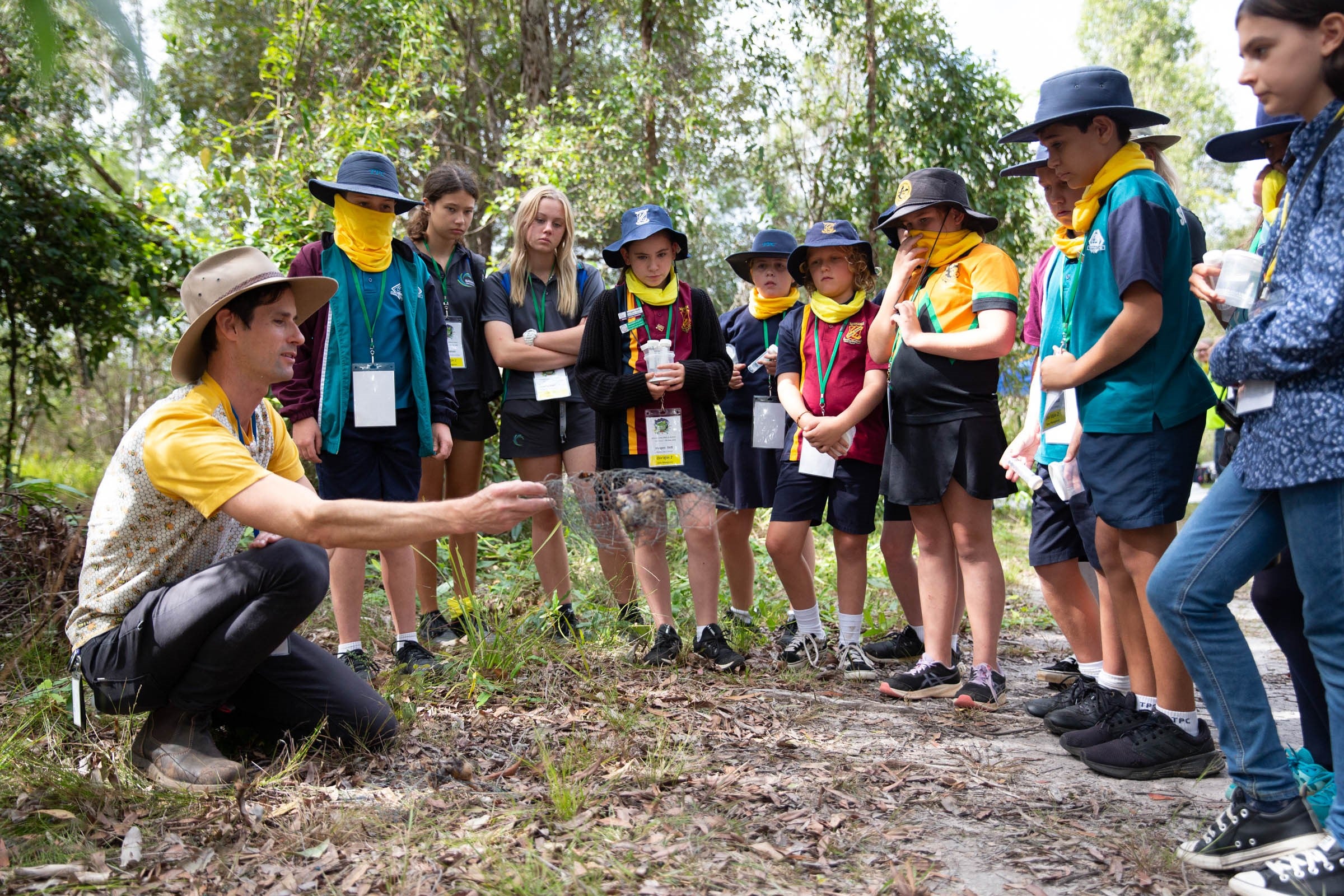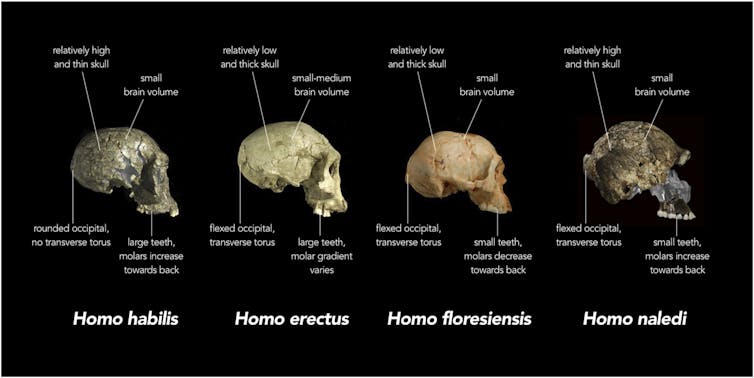Australia’s foremost thought leaders descended upon The Capitol today to discuss the budding trends and disruptions shaping the future world of work.
With growing demand for employees to have comprehensive subject knowledge, a suite of ‘soft skills’ and the agility to re-skill throughout their career, more than 500 staff, students, alumni and industry partners gathered at the SHIFT event to hear the latest views from LinkedIn, ACMI and RMIT.
RMIT Vice-Chancellor and President Martin Bean CBE said today’s 15-year-olds would navigate 17 different employers and five different careers in their lifetime and declared knowledge as currency.
“We’re in a new world where we need to learn across our lifetime and develop our own knowledge portfolio that represents our whole self to the world of work,” he said.
Employment in Australia has been shifting over time from agriculture and manufacturing to service-based industries, and Oxford University recently stated that 50% of today’s jobs were at risk of replacement in the next 20 years.
Reports from Deloitte and PWC also said two out of three jobs would be soft skills intensive by 2030, with workers expected to perform tasks that automation could not replicate.
And this trend was increasingly evident, with health care and social assistance now the largest employing industries in Australia, compared to manufacturing roughly three decades ago.
With disruption driving workforce changes, human, business and digital skills were now considered foundational for the new economy and ‘ability to learn’ a graduate’s most valuable asset.
LinkedIn Asia Pacific Senior Director Jason Laufer said the company used information from its 650 million members and 1.3 trillion bytes of data to predict future work trends.
He said the world had changed, with people now working to learn, not vice versa.
“Roughly 65% of jobs for the next generation don’t exist today but focusing on soft skills will help you get the hard skills,” he said.
“Our biggest learning adventure is to ‘unlearn’ – getting rid of our biases to learn new things.”
Australian Centre for the Moving Image (ACMI) CEO and Director Katrina Sedgwick said unlearning was critical, but hard to do.
“We need to ensure young people are being trained for the new reality,” she said.
“Successful screen and media production students will find themselves applying their skills on different platforms, to new audiences and industries like mining, gaming, defence and aged care.”
With that in mind, Sedgwick stressed the importance of bringing the Arts to the disciplines of Science, Technology, Engineering and Maths (STEM).
“We have to drive an agenda of STEAM,” she said.
“Breaking down barriers and recognising the value that creative experimentation and innovation can bring is vital.”
Sedgwick’s words echoed with intensity through The Capitol – Melbourne’s treasured landmark, newly transformed by RMIT into a contemporary centre where culture, technology and education could collide.
The Vice-Chancellor said RMIT was leading the way when it came to embedding opportunities for continual re-education and the acquisition of future skills as part of a lifelong education.
“Our micro-credentials are being embraced by students allowing them to formally recognise the human skills and competencies alongside degree learning,” he said.
“We’re supporting the shift from certificate to portfolio learning by partnering with industry and giving everyone a way to come back and top up their skills.”
– ends
Image:
Martin Bean CBE (RMIT), Katrina Sedgwick (ACMI), Julie Cogin (RMIT – panel moderator), Jason Laufer (LinkedIn)
·
· Audio files:
·
·
About RMIT
· RMIT is a global University of technology, design and enterprise and where teaching, research and engagement are central to achieving positive impact and creating life-changing student experiences.
· Founded in 1887, RMIT is a multi-sector university with more than 91,000 students and 11,000 staff globally. The University enjoys an international reputation for excellence in professional and vocational education, applied and innovative research, and engagement with industry and the community.
· With three campuses and two sites in Australia, two campuses in Vietnam and a research and industry collaboration centre in Barcelona, Spain, RMIT is a truly global university. RMIT also offers programs through partners in Singapore, Hong Kong, mainland China and Indonesia, and has research and industry partnerships on every continent.

